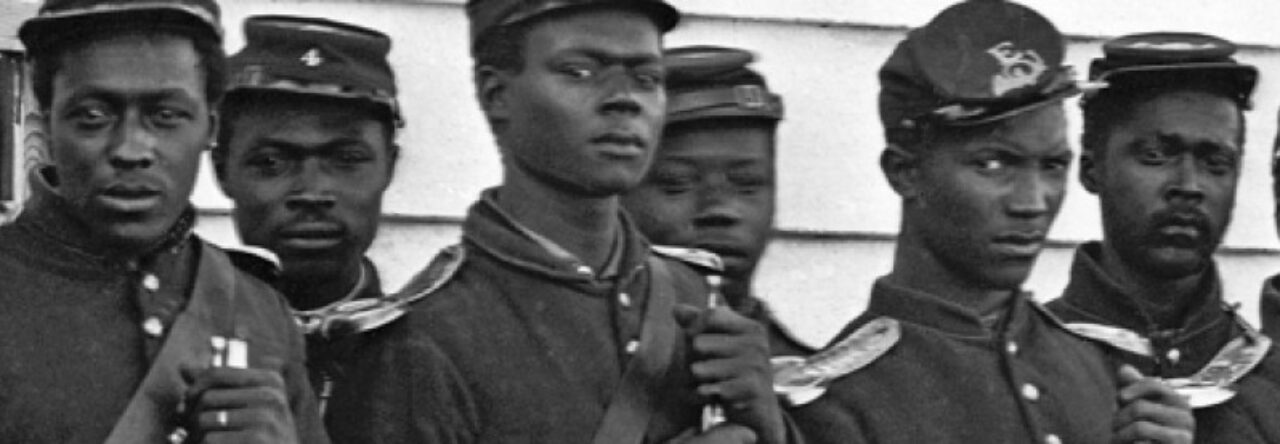I was mucking about with Tagxedo…
I am fascinated with pro-slavery thought. My younger self believed the planter class lived in a sad state of denial, not knowing the wrongs they committed. A bit later, I wondered at the stress that must have consumed those whose hands held the wolf’s ears. It’s not that I never felt deeply for the slaves, or at all blamed enslaved people for their condition and treatment. I don’t blame victims.
But I am curious about the mindset of victimizers; perhaps there may be some future value in that understanding. Among the most interesting elements of the buildup to the Civil War was the reaction of Southern political leaders to the pending ascendancy of the Republican party, especially among the most eloquent pro-slavery speakers.
Alexander Stephens is represented above, in his Cornerstone speech of March 21, 1861. “Our new government is founded upon exactly the opposite idea; its foundations are laid, its corner- stone rests, upon the great truth that the negro is not equal to the white man; that slavery subordination to the superior race is his natural and normal condition.”
Fascinating.


davemcintire
Holy arresting visual, Batman! That is awesome. May I send it to one of my students? She research pro-slavery sentiment from 1820 to 1860 for research project and was floored by the letters, speeches and sermons of the day.
mike kleiner
Hecka ya, do with it what you will. I like standing back and seeing the definition of the stars come into focus. I think I’ll make it into a poster… why not be a little provocative?
janeapplebee
Very good indeed! As to the holding the wolf’s ears, the thing is, and I stress this to my student every year, you can rationalize anything. I think that is what happens to Jefferson, hence the wolf. Human beings have a rare talent for rationalization. So you have to be careful to think clearly, to consciously examine your traditions and culture, and to recognize and avoid rationalization, your own and others – unless it has to do with the benefits of eating chocolate.
This article on Jefferson and Slavery is short and pithy: http://www.monticello.org/site/plantation-and-slavery/thomas-jefferson-and-slavery
mike kleiner
Clearly, rationalization was a part of it. I completely agree. But “rational” requires thought, deliberation. Have you ever been confronted by someone’s transparent attempt to convince himself that his dumb/harmful behavior was really ok? “I drive better after a few beers because I’m more careful.” “I really work better at the last minute.” “My girlfriend wants me to be happy, so it’s ok to date her sister.”
In the case of pro-slavery, I don’t always detect this sort of intellectual contortion. I am more interested in what’s far scarier- guys like Hammond and Stephens truly believed what they said. They weren’t trying to assuage any consciences.
But then comes the confusion, especially in Stephens’ later years… the generosity and kindness toward freedmen that leads one to believe his Cornerstone was just an expedient door stop at the outset of war.
janeapplebee
I see the Mudsill theory and Hammond’s sexual “fun” with his neices and homosexual relationships while in college all as indicitive a person who makes morality fit his desires of the moment – definitely a rationalizer.
Stephens is defending “a great truth”…
– I think for all of them slavery was an *a priori* truth which needed defending, not scrutiny. An fundamentally bound to their identity as Southerners. So perhaps you are right – it was not rationalization so much as a matter of faith in this great truth which can not be questioned?
I am all over the map this morning – sorry.